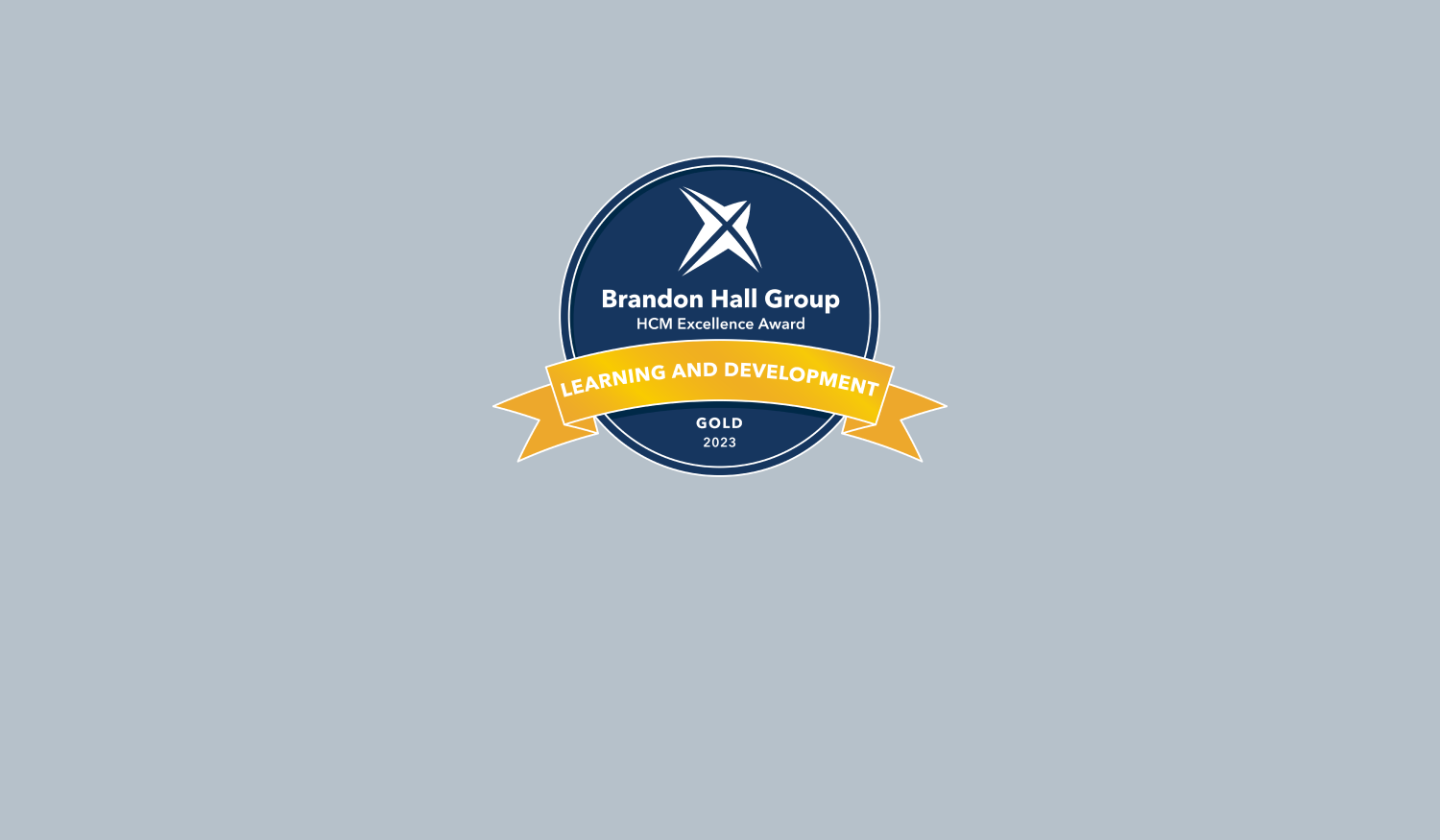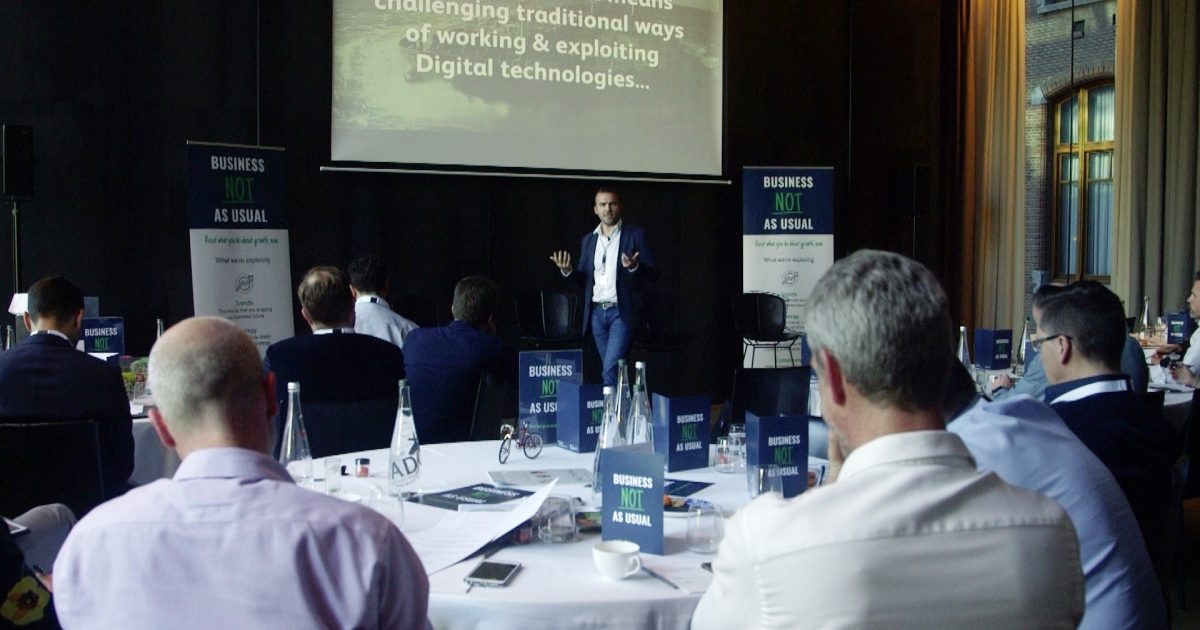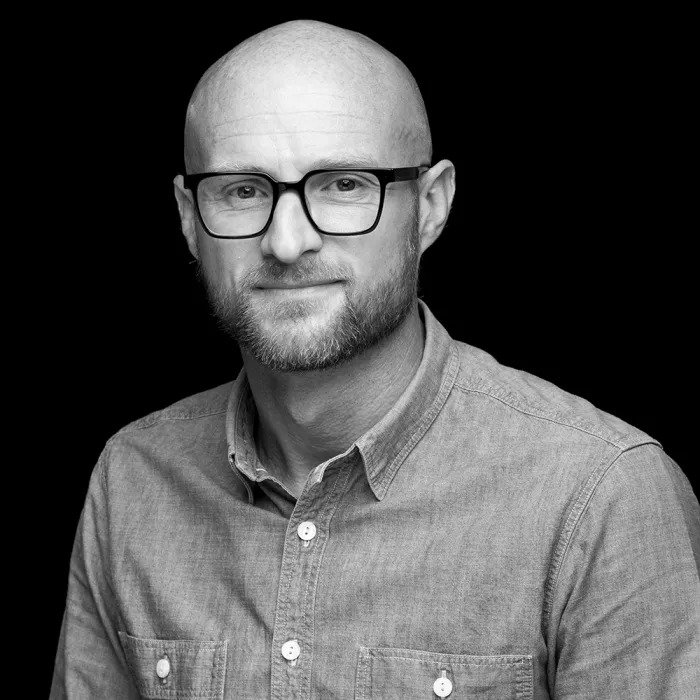Why embracing Commercial Excellence is not optional
As a concept, commercial excellence has been around for a few years now. But what is commercial excellence?
Well it involves aligning a whole organisation in the same direction, with a focus on the end customer (where the “customer” is the retailer or wholesaler who sells your products, not the shopper who buys them or the consumer who uses them). The organisation ensures it gets the right products at the right time at the right price for shoppers to buy and consumers to enjoy.
The commercial excellence definition above seems relatively easy to understand, doesn’t it? You’d think every business would incorporate a commercial excellence framework. And many are.
However, many businesses simply don't know the answer to the question, "What is commercial excellence?" Others understand the concept but don't know how to implement it.
We’ve worked in and with businesses that really want to embrace a commercial excellence framework but simply struggle to make it a reality. But it’s a struggle that appears to be worth it.
|
So why isn’t every organisation embracing a commercial excellence framework? Well, the short answer is “it’s complicated”.
For years different functions have had their own processes, targets, and ways of working, and things become engrained. Everyone does their best, and everyone believes they are working towards the same goal. However, things have been happening the way they are for years. Although everyone started from the same point, where they are now and what they are working towards can be very different — and in many cases contradictory.
But it’s increasingly clear that not knowing the answer to "What is commercial excellence?" and not embracing it is no longer an option. Even before the pandemic, fixed ways of doing business were less and less effective, as markets, customers, shoppers, and consumers changed what they wanted, when they wanted things, and how they wanted things to be delivered.
Businesses that are more focused, more fluid, and more collaborative are those that will be successful. They will be able to maximise revenue, improve the effectiveness of technologies, and understand what customers want and need. These commercial excellence examples prove how difficult it is for an organisation to become "commercially excellent." However, commercial excellence is critical for companies that want to outrank their rivals, gain a competitive advantage, and realise their growth goals.
Organisations set up to keep doing what they’d always done were finding themselves left behind. In a post-pandemic world, there will be legacies in the form of permanent changes that companies need to adapt to. Again, businesses that are more focused, more fluid, and more collaborative are those that will be successful.
It’s important to state that no two businesses are the same, and so one size most definitely won’t fit all. However, we’ve worked with many businesses to help them implement a commercial excellence framework and wanted to share some of the challenges we usually face and how we’ve addressed them. You'll have a better understanding of the commercial excellence definition and learn the benefits of commercial excellence consulting.
It’s commercial excellence, not sales excellence
Sales excellence is important but is almost the end of the commercial excellence process, and not the process itself.
| Hubspot says: "Sales excellence is defined as consistently meeting and exceeding growth targets. Think of it as a measure of how individual salespeople are performing and how successful an organisation is at closing deals." |
You can see this is very different from the commercial excellence definition listed above.
Sales provide the voice of the customer and the shopper back into a business, as well as being the function charged with selling products to customers that meet their and their shopper’s needs. But sales plays just one part in a commercial excellence framework.
Everyone has to be involved in commercial excellence; sales, marketing, supply chain, finance, and IT, just to name a few. It’s only by involving all the functions that a business can truly get to know the answer to the question, "What is commercial excellence?". Every department should be clear on the role it play in delivering for the customer.
But isn’t the customer the job of sales?
Building the need for commercial excellence across the whole organisation is often the biggest challenge to implementation. The first part of this is helping each function understand the importance of focusing on the customer and then helping them to understand their role in that focus.
Only by demonstrating the benefits to them and the focus on the customer can people start to understand what commercial excellence means for them and why they should adopt it.
Aren’t we already excellent?
The definition of commercial excellence will be different for every organisation, so the next step is to define exactly what it looks like with the help of commercial excellence consulting. This process involves looking inward. Consultants look at what is currently being done well in a market or function that can be re-applied. Then consultants look outward. They ask: Who is doing well in the category, in the sector, and what are they doing to win? And what can businesses learn from other sectors?
Once we have this understanding, commercial excellence consulting specialists work with the business to create a simple commercial excellence framework that is right for that business, not just a generic definition that might not work for them. Often this framework may be 6-8 steps, but there is no hard and fast rule. Commercial excellence consulting is most successful when it's tailored to the specific needs of a business.
So what are some of the steps involved in commercial excellence? Take a look at these commercial excellence examples that a consultant might recommend you implement into your organisation:
1. Customer Targeting
|
How do we measure up?
The next step of commercial excellence consulting is to understand performance against the commercial excellence definition. This can take many forms. For example, interviews, surveys, and assessments. However, all these methods have one aim, and that’s to get an idea of how a business is currently performing against commercial excellence benchmarking.
Commercial excellence consulting experts also try to make sure they capture as much verbal feedback from a business as possible. This is where the richness lies and really helps to bring context to scores. Businesses should always be a part of commercial excellence consulting and never just relinquish control of their business strategy to a third-party company.
What's the outcome of commercial excellence consulting?
When understanding performance is complete, consultants are able to work with the business to develop a commercial excellence plan. They ask questions like: Which areas of commercial excellence should we focus on, in what order, and in which markets? What do we have already that can be reapplied? What do we need to develop to address the needs highlighted in the assessment?
This part of commercial excellence consulting can be a huge task but is vital. Getting a global and then market-level view of what needs to be done, using tools to build capability and ways of working, and bringing everything to life in each function ensures that the rubber hits the road and that an organisation starts on the journey to commercial excellence.
Commercial excellence consulting is a passion point for us at Oxford, and we have experience in helping organisations adopt and embed a commercial excellence framework across a variety of sectors.
A major difference to our approach to commercial excellence consulting is a focus on the people involved, understanding what is important to them, and why they do things the way do. That helps us understand how to change their behaviour. Ultimately, it’s the people that make an organisation commercially excellent, not tools or processes, and so it’s people that should be our focus.
What makes Oxford different?
We believe commercial excellence consulting succeeds when businesses are involved in every stage of the process. Your organisation should be able to track your journey to excellence and have the final say about any decisions consultants make. That's why we created OxfordLIVE, a flexible platform for collaboration and learning. This platform helps you:
- Co-create local growth plans and strategies
- Benefit from blended learning
- Access the resources you need when you need them
Alongside traditional commercial excellence consulting, OxfordLIVE helps you achieve excellence by combining coaching, live facilitation, and social and self-learning. You'll access an incredible amount of resources, from video to text documents, that will help you learn new skills and turn your organisation into a commercially excellent one. You can also track your learning progress as you go.
Want to talk about commercial excellence consulting? Please get in touch to find out more about the right approach for your organisation – we’d love to talk.
Share this
You May Also Like
These Related Stories

OxfordSM wins coveted Brandon Hall Group HCM Excellence Award™ for Learning and Development

Six key principles to deliver a great virtual classroom experience


No Comments Yet
Let us know what you think